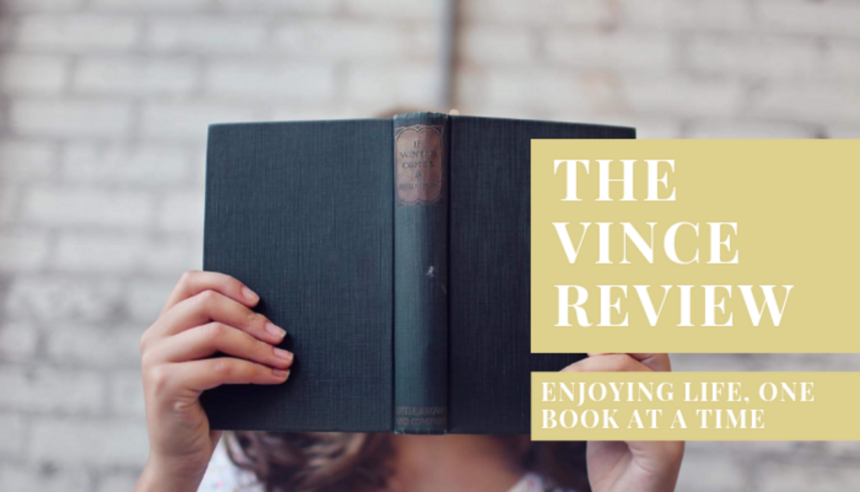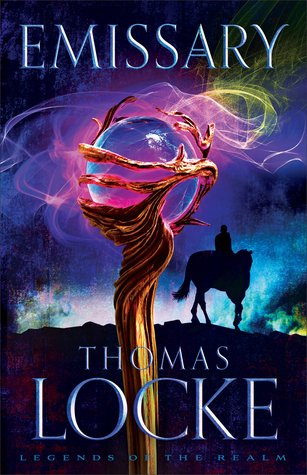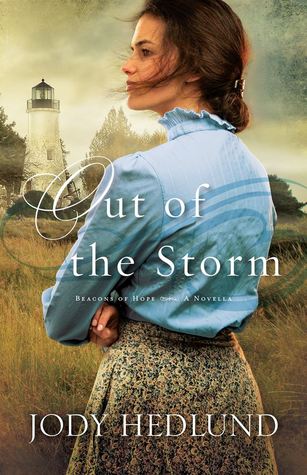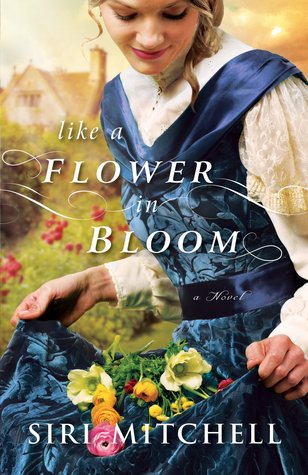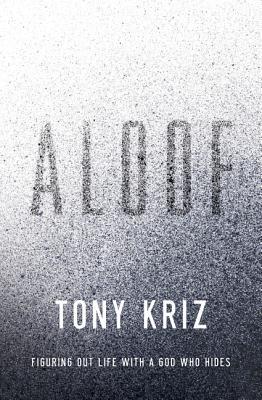
2015 Reading Challenge, Week 4 - A Book with non-human characters.
It's easy for the non-human folk in this novel to grow on you.
It begins with Peter, a devoted man of faith, as he is called to the mission of a lifetime, one that takes him galaxies away from his wife, Bea. Peter becomes immersed in the mysteries of an astonishing new environment, overseen by an enigmatic corporation known only as USIC. His work introduces him to a seemingly friendly native population struggling with a dangerous illness and hungry for Peter’s teachings—his Bible is their “book of strange new things.” But Peter is rattled when Bea’s letters from home become increasingly desperate: typhoons and earthquakes are devastating whole countries, and governments are crumbling. Bea’s faith, once the guiding light of their lives, begins to falter.
MY THOUGHTS:
This book is expansive, original and amazing, but the plot can be summed up in one sentence. Peter is a Christian missionary to aliens on another planet.
A lot of the action takes place among the people of the land, who consider the Bible to be their 'book of strange new things'. Peter considers himself the luckiest Christian minister with the cushiest job. Why do the locals consider Jesus their redeemer when they apparently have no human pride issues to be redeemed from? The truth of their situation turns out to be more bizarre than he had imagined. Their odd characteristics end up making perfect sense.
Peter also mingles with his fellow humans back at the USIC base, who are mostly the scientist/engineer types. Although he can understand their presence at the new space base, he has more trouble trying to justify the big money necessary to get him there too. Two members from a previous mission have mysteriously disappeared; Kurtzberg, the prior pastor, and Tartaglione, the linguist. Alex Grainger, the pharmacist who drives him out to the natives' village, is an interesting lady who often seems to be holding something back. Meanwhile, Peter's wife, Bea, keeps writing to him about the state of affairs back on earth, making him feel helpless.
I really like the hero. Peter is always apologetically awkward and prone to self doubt, but he's astute, perceptive, and genuinely humble. 'I try not to think about myself too much. I'm just a man who loves God.' An old pastor from back on earth had him summed up neatly as a man who genuinely loves people, a rare thing even for a pastor. At one stage, Peter considers that there are many ways of becoming a Christian but the one that worked for him was switching off his capacity for cynicism and switching on the light of trust. He's a bit like a fish out of water among his sarcastic team members who never seem to take anything seriously, but survives because of his faith and straightforwardness.
I love his concept of how prayer works. 'It's not a matter of asking for things and being accepted or rejected. It's a matter of adding one's energy, insignificant in itself, to the vastly greater energy that is God's love.' And simple, infantile prayers are often the best sort.' Although this book isn't without sadness, it's the sort of novel which makes you feel better for having read it. If those Oasans can be content in their circumstances, why should we humans make our deeper blessings so complicated? It might be good to sum up this review with the quote from Peter's predecessor, Marty Kurtzberg. 'For all I've had and seen, I'm truly thankful.'
Actually, I'll finish with some logic from the USIC base, when Peter first arrived, felt hungry, and was refused.
Peter: I was told by the USIC people that food was available whenever we need it.
Stanka: Correct, bro. You gotta make sure you don't need it at the wrong time.
Although this is Christian novel, if you don't like profanity, swearing and sexual content, this might not be the right book for you.
Thanks to Blogging for Books for my review copy.
4.5 stars.
